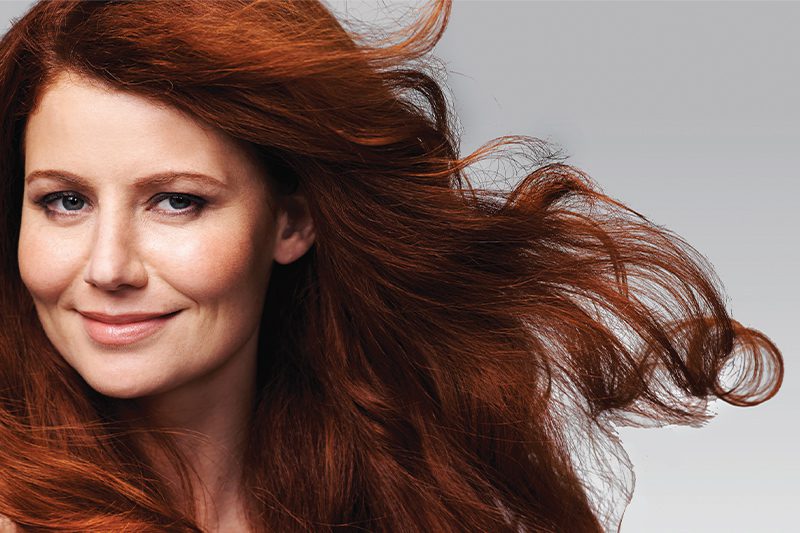Too much stress and anxiety can have damaging effects not only on your mental health, but also on your physical appearance. Here’s how it can affect your locks.
Hair Loss
Burning the candle at both ends or excessively fretting over life situations can have a direct affect on the health of your hair. One of the main reactions is hair loss. According to the U.S. National Library of Medicine, physical or emotional stress may cause half to three quarters of scalp hair to shed. But all hair loss isn’t the same.
Telogen Effluvium
Skipping meals and sudden weight loss makes your body prioritize its energy use – and according to the Mayo Clinic, vital organs win out over hair. In telogen effluvium, these kinds of stressors push large numbers of hair follicles into a resting (telogen) phase so that energy can be used in other ways, like keeping your organs working like they should.

Within a few months, the affected follicles’ hairs fall out when combing or washing. Besides weight loss, telogen effluvium can be caused by major surgery, illness, smoking, or hormonal changes associated with pregnancy and menopause.
Going Gray
You might be familiar with the assumption that stress will make you go gray, but do you know why? There’s much debate on whether this is fact or fiction, but a 2013 study conducted on mice, published in Nature Medicine, found stress or injury to the skin around the hair follicle can potentially cause reduction of melanocyte stem cells, which are responsible for hair pigmentation. Without pigment, locks turn gray. While this study might make a stress and gray hair correlation, silver streaks are still most likely a cause of natural aging.
One reason we assume stress will turn hair gray has to do with pop culture. From American presidents to Marie Antoinette, much lore has been passed on regarding those under extreme pressure accruing silver hair.
Alopecia Areata
Autoimmune disease alopecia areata can be brought on by several factors, one of which is thought to be severe stress. This condition causes the body’s immune system to attack hair follicles, resulting in the loss of hair in small round patches on the scalp, as well as elsewhere on the body. According to the American Academy of Dermatology, the disease most often occurs in otherwise healthy people. Only around 5% of people with this condition lose all of their hair.
Trichotillomania
Stress and tension are a few of the issues that can lead to the impulse control disorder known as trichotillomania. As a way of reconciling negative feelings, those with trichotillomania may pull out hair from their scalp as well as any other place on their body. According to Nemours, some people with trichotillomania pull hair in handfuls, while others pull one strand at a time. This impulse control disorder may also be related to obsessive compulsive disorder.



